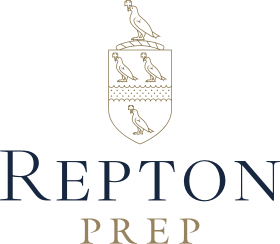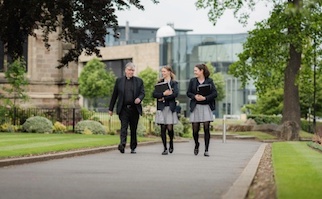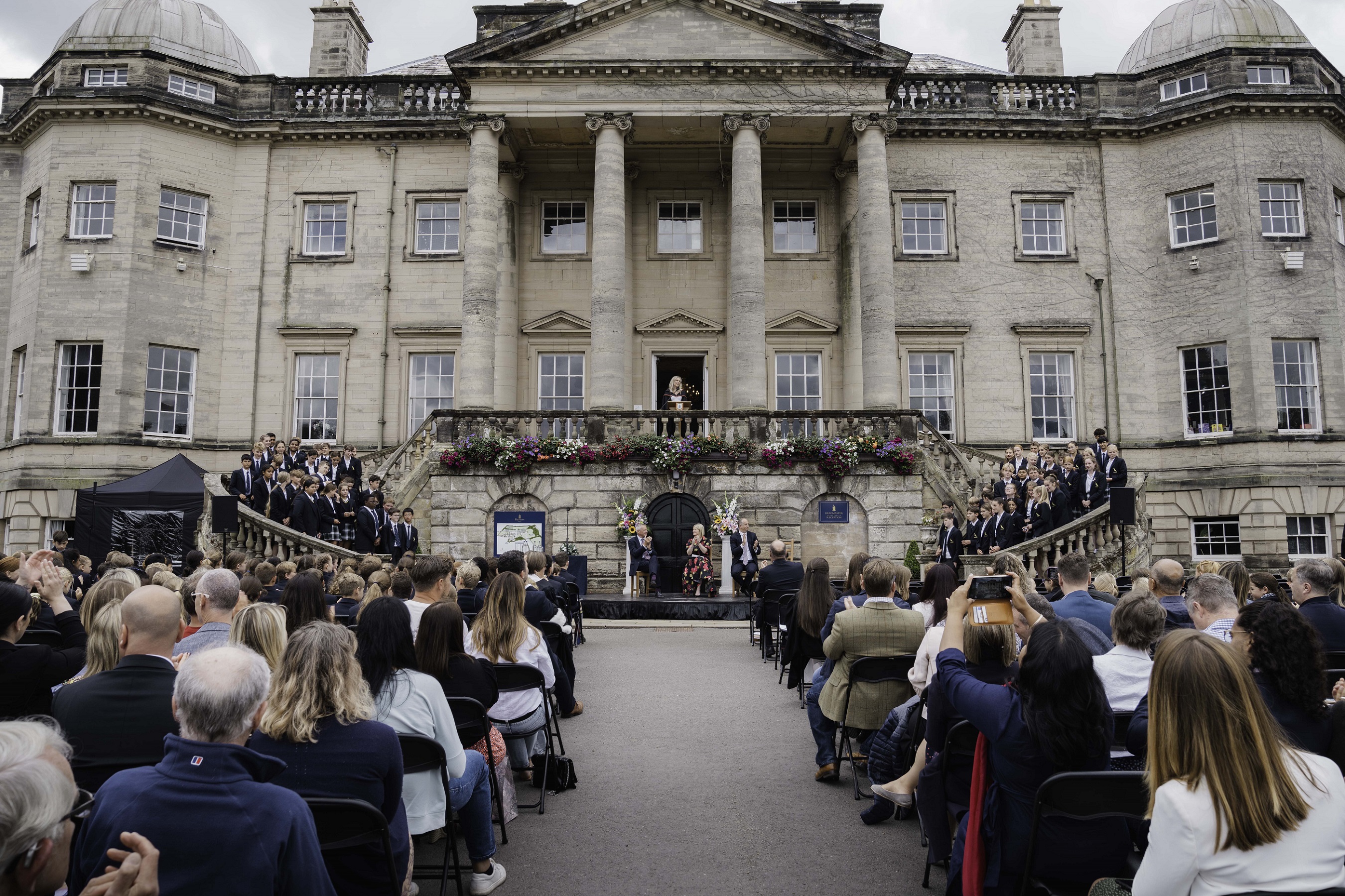HEAD'S END OF YEAR REFLECTIONS 2021-22
I have been able to visit the school many times over the last two terms and have loved every occasion as each visit has provided the opportunity to see a different glimpse of school life.
The school is always a hive of activity, and this is what I love about education; no two days are ever the same. There is of course the familiarity of the daily routine, but this is peppered with exciting trips, productions, concerts, fixtures, and games – and on this, congratulations to everyone involved in the fantastic concert this morning.
The theme of my speech this morning is change. We all go through it many times in our lives, yet it can cause much anxiety, and understandably so. It occurred to me when writing this speech that change is often viewed as something negative whereas it is a really great opportunity and often only comes about as the result of our own hard work. All of the Year 8 pupils are facing the change of a new school (I know for most of you it is only down the road, but it is a new environment), new friends and will be feeling a mixture of excitement, apprehension and nerves, all of which are totally normal.
It is often said that ironically, change is the only constant in life. However, change allows us to embrace new beginnings and gives us the ability to move from one situation to another with relative ease. Resilience and a growth mindset are qualities that are absolutely required to live our lives and are the vital ‘soft skills’ outside of academia that enable us to function as human beings in society. A familiar situation is always more comforting as it is assumed that change is a gamble and a risk we have to take, and perhaps one we aren’t comfortable with. Without these different risks and experiences though, we don’t build up our resilience to be able to tackle the different challenges that face us. I love the saying ‘If at first you don’t succeed, dust yourself off and try again’ but how can you do that if you don’t have the courage to try in the first place? We can feel a loss of control, worried about the future, the transition time and what to expect but often our thoughts and fears are far worse than the reality. However, many of you in Year 8 have worked hard to bring about the change that you are facing so when does change shift from a negative to a positive? I reflect on my own current situation. I left home this morning for the last time. I will never return to that house as by the time the day is over, I will be spending the first night in the Head’s house here and the removal company will transport everything tomorrow morning. One can quite clearly see a huge positive in this in that I have nothing to do with the move and miraculously it all arrives! But I have mixed feelings. I am tremendously excited about the move to Repton of course and living in such a beautiful place and taking on a wonderfully exciting new job, but I also leave behind 15 years in London. However, I don’t really leave it behind because I will always have the memories and friendships that will continue in any new location.
In today’s society, the pace of change is immensely fast, and it will only continue to accelerate. As Charles Kettering said, ‘The world hates change, yet it is the only thing that has brought progress’. Change is good because it provides a fresh start. When we bring about change, we psychologically wipe the slate clean which gives us a chance to take a new approach and start afresh. And we can only do this through hard work. I have spent a large part of my career in music, and this has led me to the very fortunate position I am in today but often it is very easy to miss the key links that have given me the tools I need which are always hard work, determination and discipline. Please note that I haven’t used the word success in there because these are tools which don’t always guarantee success but ensure that you have done your best. My mum used to sit with me whilst I practised the piano – everyday until I was 18 – which of course in itself, brought a fair amount of problems as you can probably imagine! However, she taught me that through the discipline of hard work and practice, I would always achieve my personal best. She never compared me to other children but wasn’t satisfied until I had done everything I could do to succeed for myself. And this is what I hope many of you leaving the Prep School today will feel, a sense of pride in what you have achieved, without relating this to anyone else. Success is about achieving our personal goals and if we can keep those in mind and not be swayed by what others do, then we will remain focused and strong on our own path. Be true to yourself and believe in yourself.
The definition of success is ‘the accomplishment of an aim or purpose’ and I hope that this is what many children experience today. However, success is never guaranteed, nor should we feel entitled to it. The only way to guarantee a great future is to work for it and know that we will be rewarded when the time is right. It is fair to say that change has been forced onto the education system in the last two years and everyone has adapted accordingly. In fact, I think the pandemic has catapulted education forwards in terms of its’ delivery and there have been huge strides taken forwards with technology as a result. Whilst it has been hard work for everyone involved, there are definitely a number of positives that we can take from these changes which will inform our future planning, methods of communication and availability of information. Sir Anthony Seldon, former Head of Wellington College and contemporary historian, says that there are eight different forms of intelligence which can be paired as follows:
- personal and social
- creative and physical
- moral and spiritual
- logical and linguistic
He quite rightly says that teaching them all will draw these different types of intelligence out of every child. Most schools merely pay lip service to the first six and only concentrate on the last two. This is wrong not least because the two intelligences being concentrated on are, ironically, the two most easily replicated by machines. The very skills around which we have designed our schools and our exam system are the very ones that will be rendered redundant within the next 20 years. This was written by him before the pandemic and therefore I do feel schools have made huge progress in these areas but there is still more work to be done. Schools should be concentrating their resources instead on the first six intelligences or aptitudes that are uniquely human. This century will see the creation of many small companies, which will need to be entrepreneurial and creative to thrive in a rapidly changing world. School shouldn’t be about a right or wrong answer, but we should be encouraging children to come up with their own answers.
So finally, embrace the change! The world has never been a more exciting place, full of new possibilities and endless opportunities but it is up to you to seize these moments and relish them with renewed vigour. The following poem sums up this sentiment rather well:
The Time is Now
Now’s the time to do those things
That lifts you and give you wings
To shed the smock of sullen days
And cast away the gloom and haze
Tap into the strength you know
And feel your power start and grow
Finish up those things undone
And start anew and have some fun
Prepare now for a new venue
With much to say and much to do
Put behind those things of waste
And set a course with all due haste
Worlds that beacon call you near
To offer things that holds you dear
Enter in with open hearts
And join with those who you’re a part.
Please may I take this opportunity to thank all the staff for their hard work this year and I wish all our leavers, both staff and pupils, an extremely happy summer with lots of time to recharge the batteries and the best of luck for a successful September wherever you are!










